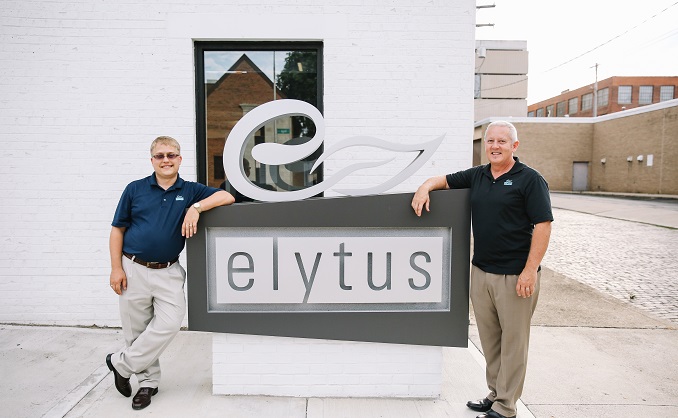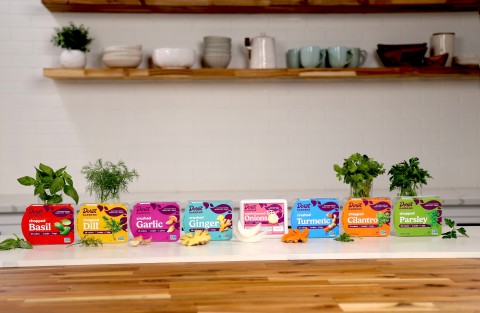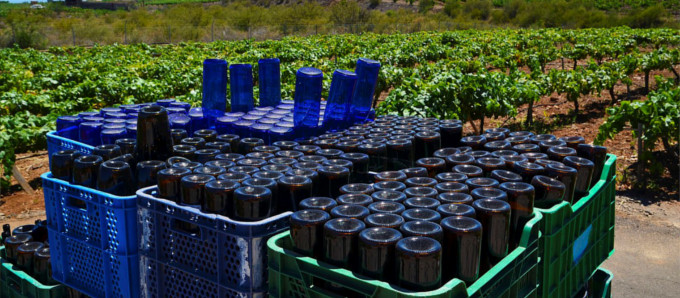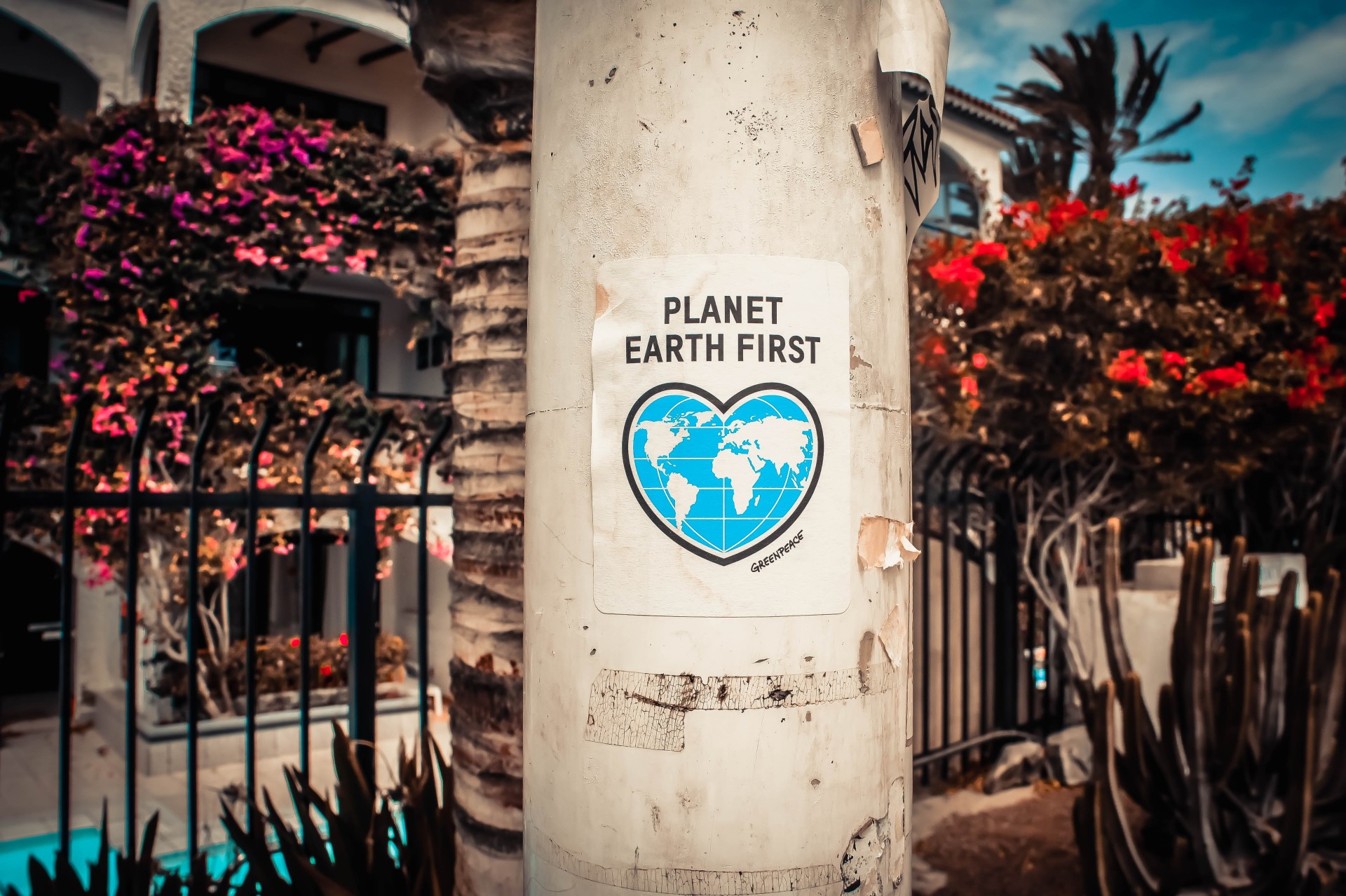As restaurants plan for the rest of 2020, it is crucial to monitor upcoming trends and shifts in the industry whenever possible. New developments are propelling restaurants forward on a much greener path. With customers continuing to seek out restaurants that prioritize sustainability, restaurants can capitalize on this movement by making their own operations environmentally conscious. These are the sustainability trends you can expect to see more of throughout the year.
Hyperfocus on food waste
Food waste costs the hospitality industry over $100 billion a year, and over 70% of food waste occurs before it even gets to a customer’s plate. Traditional thinkers may attribute food waste as a natural and inevitable part of the industry, but addressing this inefficiency can be a fruitful strategy for both saving the planet and increasing a restaurant’s bottom line. Considering that food costs are a substantial portion of a restaurant’s COGS, understanding where and why that waste occurs can prove to be extremely beneficial. Throughout 2020, customers will expect restaurants to address their food waste through thoughtful, strategic solutions. One example of this approach is NanoPack, a startup that’s tackling food waste head-on with nanotechnology. Its high-tech food packaging film extends the shelf-life of its products by inhibiting microbial growth. This improves the safety of food, and, thus, reduces food waste by allowing kitchens to keep ingredients longer.
While keeping ingredients fresh can prevent some waste, there will likely still be edible food that cannot be sold. Traditional thought might lead to this food being tossed in the landfill, but several organizations have other ideas. For example, the nation’s largest hunger-relief nonprofit Feeding America created Meal Connect, a technology-based platform that makes it even easier to connect donors with surplus food to local food banks and charity partners. Whether you are a small, family-owned establishment or part of a large corporation, Meal Connect combines sustainability with charity to keep large volumes of edible food from emitting greenhouse gases.
Eco-friendly packaging with an emphasis on zero-waste
The world produces more than 300 million tons of plastic every year, over half of which is only used once, according to Plastic Oceans. A significant amount of plastics each year ends up in our waste streams, whether that’s in oceans, landfills or elsewhere. Great volumes of plastics, including six-pack rings, water bottles, containers, single-use bags and microplastics from manufacturing waste are generated by the more than $12 trillion global food and grocery retail market. Luckily for restauranteurs, consumers also want to do their part as they increasingly seek responsibly packaged food and beverages. Growers and manufacturers throughout the supply chain are rethinking their packaging use to incorporate renewable resources, reduce waste and lower emissions of greenhouse gases. A great way to grab consumer’s attention would be to convert your in-dining experience to using reusable dishes, silverware, and cups instead of disposable items that may be in place. Not only will this help reduce your environmental footprint but it will eliminate the cost of those disposal items from your COGS.
Increased recycling regulations
As the nation begins to become more aware of the importance of recycling and responsible waste management, more legislation will follow. Spurred by market challenges, lawmakers have seen a historic influx of big bills that have the potential to dramatically change sustainable policies. For example, the Break Free From Plastic Pollution Act proposes to establish a nationwide container deposit system and enshrine extended producer responsibility for packaging. Further, controversial single-use items, such as plastic bags, styrofoam containers, and straws, would also be banned. Food and beverage operators should stay abreast of potential legislative shifts to anticipate changes. Waste Dive has a convenient resource to monitor the trending legislation in your area.
Overall, restauranteurs can expect to see more of an industry-wide emphasis on food waste, eco-friendly packaging, and further regulations throughout the coming year. As more customers begin to seek out sustainable businesses to support, restaurants can gain a competitive edge by being prepared for change. By planning ahead, operators can ensure that they are ready to meet the quickly shifting demands of the food and beverage industry.
Matthew S. Hollis is the co-founder and President of Elytus, a third-party administrator that helps clients streamline waste and recycling operations while becoming more sustainable in the process. As apart of its #WasteNothing motto, Elytus believes in saving time, money and the environment.








